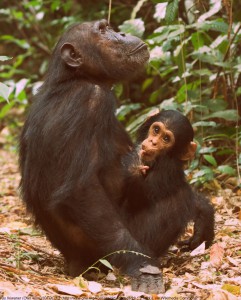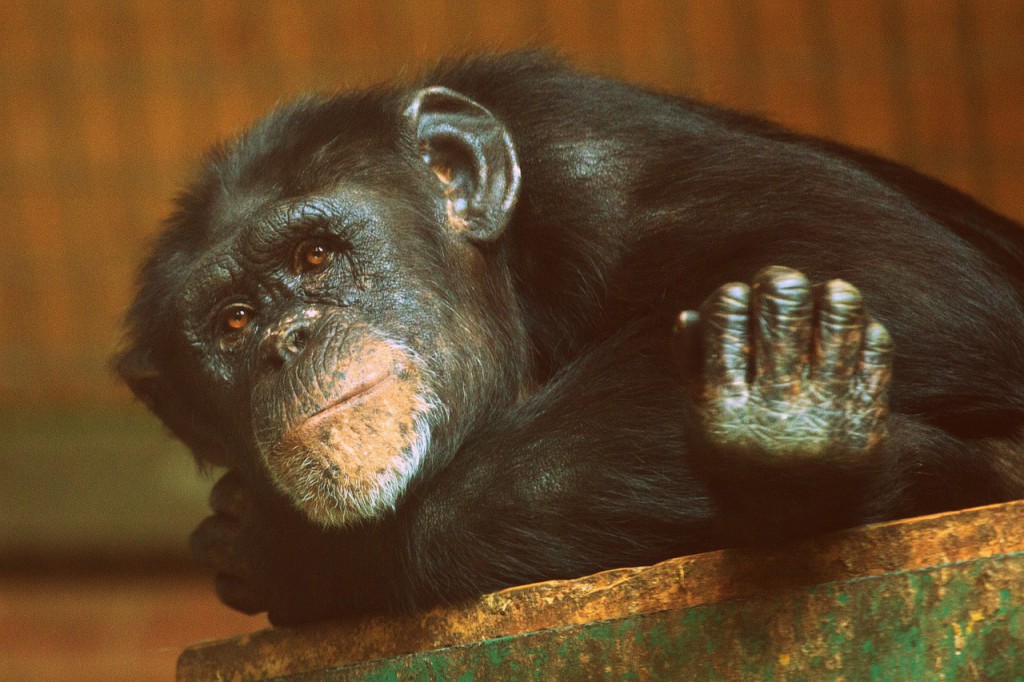 “Drastic drop in global malaria deaths” read last week’s news headlines. Every year come December the World Health Organization (WHO) publish the World Malaria Report. This is an assessment of global and regional malaria trends, and the latest highlights are mostly positive.
“Drastic drop in global malaria deaths” read last week’s news headlines. Every year come December the World Health Organization (WHO) publish the World Malaria Report. This is an assessment of global and regional malaria trends, and the latest highlights are mostly positive.
The worldwide malaria mortality rate has decreased by 47% and by 54% in Africa, where about 90% of malaria deaths occur. It is good to see we are gaining ground in the malaria fight, but it’s too early for a celebratory ‘hip hip hoorah’, especially as insecticide resistance is on the raise in dozens of countries and a third of households in Africa are still without the basic treated nets. Last year 198 million people were infected and an estimated 584,000 were killed by malaria. The WHO is calling to redouble efforts to fight the mosquito-borne illness.
Progress is all well and true, but are we short-sighted in our approach? We have restricted our focus on the threat malaria poses to our own species, while overlooking our ‘cousins’. The close relatedness of malaria parasites (Plasmodium sp.) infecting both chimpanzees (Pan troglodytes) and humans is well documented, confirming both are hosts to a similar diversity of malaria parasites.
“It is now time to turn the questions on its head and ask; are characteristics of human malaria mirrored in primates?”
Malaria infection is known in primates, but the epidemiology is poorly documented. This is because any primate investigations serve as a mere comparison, a means to better our understanding of malaria infection to help combat human infection. A noble effort, for which I am sincerely grateful, but what about the ape community? It is now time to turn the questions on its head and ask; are characteristics of human malaria mirrored in primates?
Pregnancy is a well-known risk factor for malaria in humans, one that contributes significantly to mortality in pregnant women and newborns in endemic areas. A team of researchers, led by Hélène M De Nys from the Epidemiology of Robert Koch-Institute in Germany, investigated the susceptibility of female chimpanzees to malaria infection. Pregnancy being a key determinant for reproductive success and infant survival means that investigating the relationship between pregnancy and malaria in wild chimpanzee populations is important to improve the understanding of the impact of malaria on chimpanzee populations’ fitness.

Malaria research in apes is crucial. The chimps underwent tests that consisted of blood tests and faecal sample analysis, and other non-invasive tests which are part of routine health examinations following approved standards. The researchers took a total of 384 faecal samples collected from wild chimpanzees in the Taï National Park, Côte d’Ivoire, during the course of 40 pregnancies. The samples underwent molecular and statistical analyses to sequence the DNA and check for parasites.
The findings published in Malaria Journal, concluded that incidence of malaria in adult female chimpanzees increases during pregnancy, with female chimpanzees most vulnerable in the later stages of pregnancy. This suggests that, as in humans, pregnant female chimpanzees are more susceptible to infection.
Risk of infection decreased with the age of the mother the effect of maternal age might be combined with an effect of increasing resistance to malaria parasites, similar to what is seen in humans.
“We will do well to remember that humans are not the only creatures affected by malaria.”
A key feature of human malaria in hyperendemic areas was observed in the wild chimpanzee community. Around 50% of the infants died at an age of five years or below and 24% died before reaching an age of one year, showing that both human and chimpanzee infants are faced with a higher prevalence of parasite infection and a higher risk of mortality than adults.
 Knowing that pregnant female chimpanzees are less resistant against malaria parasite infection raises the question of the impact of the infection on pregnancy outcome, infant survival and, thus, general reproductive success of the chimpanzee community.
Knowing that pregnant female chimpanzees are less resistant against malaria parasite infection raises the question of the impact of the infection on pregnancy outcome, infant survival and, thus, general reproductive success of the chimpanzee community.
More data is needed to determine whether malarial infections in Chimpanzees during pregnancy have similar consequences to those seen in humans, e.g. premature birth, low birth weight, enhanced risk of contracting malaria during infancy. Although progress has been made in the human fight against malaria, we will do well to remember that humans are not the only creatures affected by malaria.
Comments